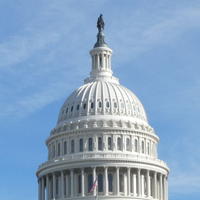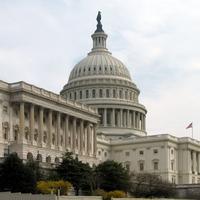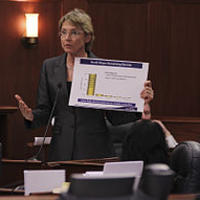
On May 2, 2025, the Trump administration released its budget proposal for Fiscal Year 2026 (FY26).

On March 11, 2024, the Biden Administration released its budget proposal for Fiscal Year 2025 (FY25). For the Department of Housing and Urban Development (HUD), the Budget requests $72.6 billion in discretionary budget authority for FY25, a $2.531 billion increase or 3.6 percent increase from the FY24 enacted level.

On March 9, the Biden Administration released its preliminary budget proposal for fiscal year 2024.

On December 20, 2017, the U.S. Congress passed the joint House-Senate conference committee agreement on HR 1, the Tax Cuts and Jobs Act. HR 1 is the most far-reaching tax reform legislation in over three decades. For affordable housing providers the bill fully preserves private...

HUD’s one-size-fits-all regulatory approach often inhibits PHAs from effectively tailoring federal programs to local community needs. PHAs have been successful when they are able to tailor their policies according their agency’s individual local goals, housing market conditions, and community priorities. This flexibility provides housing authorities the necessary tools to best serve their low-income residents. HUD should allow housing authorities to focus on innovation, ...

RAD was initially authorized with a unit cap of 60,000 in the FY12 appropriations bill, which has since been lifted to 455,000 in the FY18 appropriations bill. In order to meet the demand for RAD, CLPHA strongly supports eliminating the RAD cap.